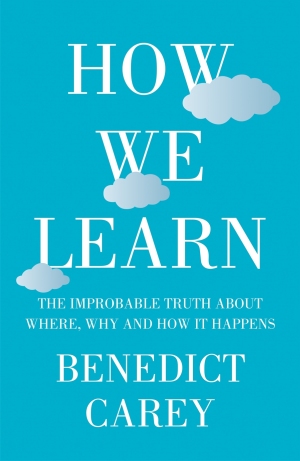
We all know the singular torture of cramming for exams at school or for the big presentation at work: staying up later and later, forcing yourself to read through increasingly blurred lists of facts, foreign vocabulary, equations or facts about 'ox-bow lakes'. The good news is that it doesn't have to be that way. Brain scientists are aiming to transform education. For more than a century they toiled in their own world, in labs, working out the minutiae of memory while teachers and tutors followed their own instincts. That is beginning to change. Cutting edge experiments into how our brains retain information have proved that the standard advice for learning has been flawed and in some cases, flat out wrong. Based on new research in cognitive science, education and psychology, we learn that some children are visual learners while others are auditory; some left brain, others right brain. The brain is sensitive to mood, timing, circadian rhythm, even location. In short, it's an eccentric, adaptive learning machine. Studybreak is both a game-changing report from the frontline of educational research, and a call to arms. It tells us how the brain operates on a cellular level, how memory storage and retrieval are related and even how sleep factors in optimal memory and learning. This book is not about how to be a genius. It's about something far grander: how to get the most out of tonight's homework.
Benedict Carey has been an award-winning science reporter at the New York Times since 2004 and previously worked at the Los Angeles Times. His 2010 article on study habits was the most emailed New York Times piece ever in a single day.
ISBN:
9780230767782
Binding:
Hardback
Pub. Date:
01/09/2014
Category:
Popular Psychology
Imprint:
Macmillan
Pages:
400 page/s
Stock:
To order
Price:
$39.99 AUD